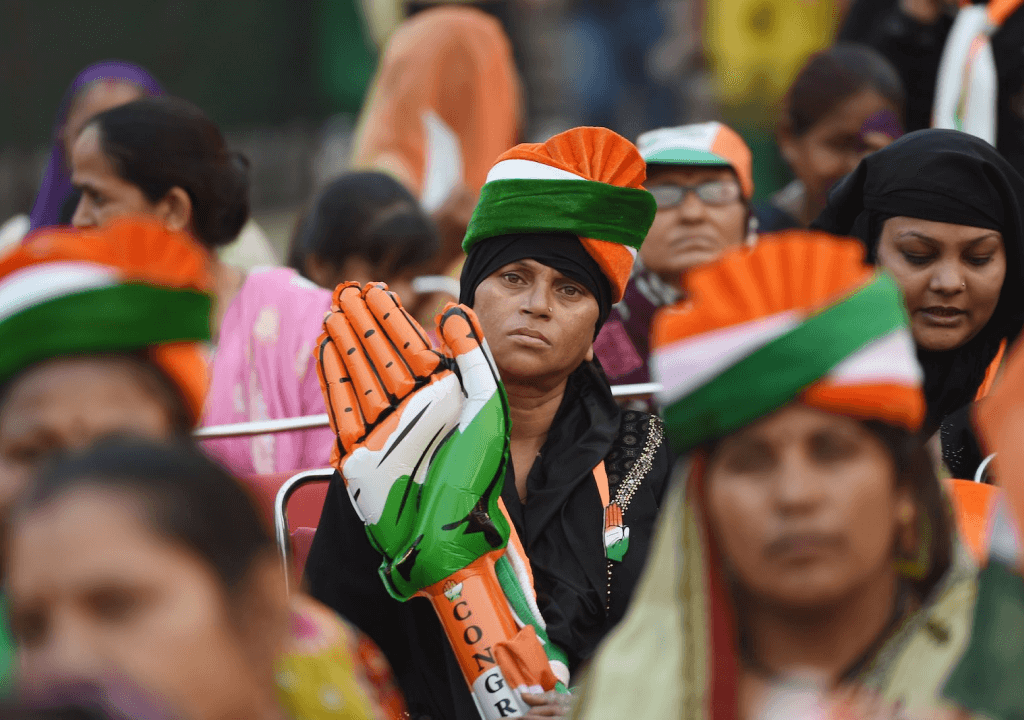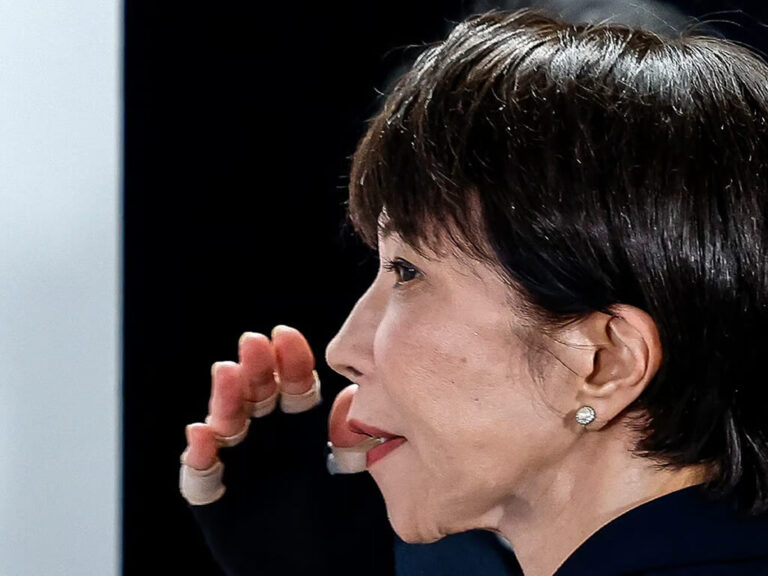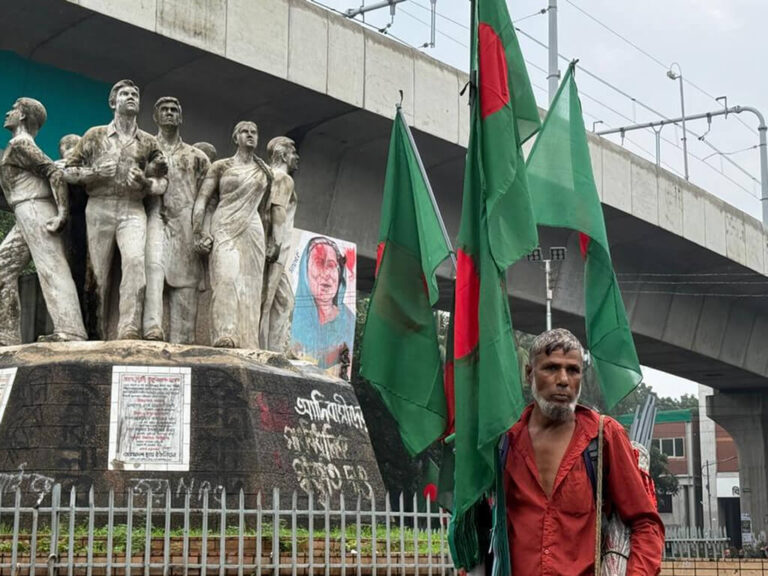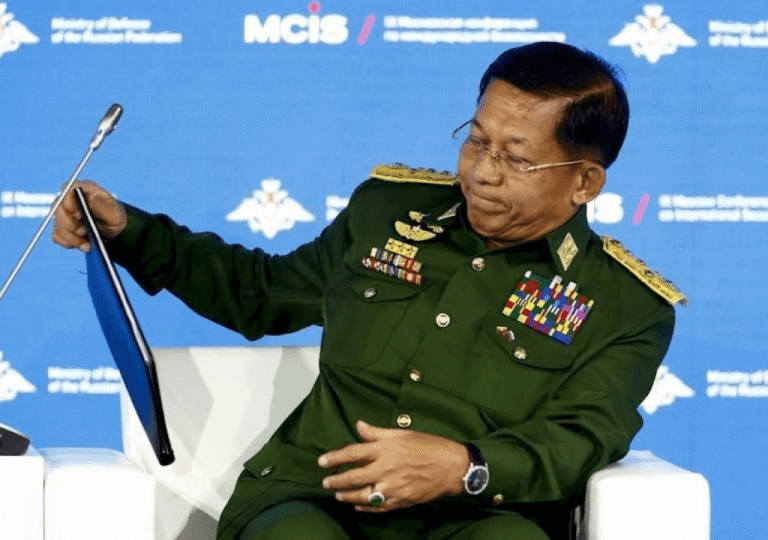The Indian National Congress, renowned as the architect of modern India and often referred to as the grand old party, still holds significant sway nationwide. However, as India approaches its 18th Lok Sabha election, even the Congress party itself doesn’t foresee surpassing the 272 – mark threshold independently. Despite its pivotal role in the Indian independence movement and subsequent politics, the party now grapples with mounting a substantial challenge against Modi’s potential third term in the upcoming general election. Despite being the second-largest party in parliament, it falls short of the necessary strength to secure the official opposition leader post, lacking a mere 10% of total Lok Sabha seats. This situation highlights issues of faltering leadership, nepotism, and dynastic politics, demonstrating how these factors can erode a political organization over time. With its participation in the newly formed INDIA alliance for the impending election, the prospects of forming a government seem dim. The lingering question persists: Can the Indian National Congress reclaim its former influence and prestige?
The prevailing uncertainty stems from a noticeable lack of leadership within the party. The absence of strong leaders often undermines political entities. Through its preference for the Nehru dynasty, the Congress party marginalized other noteworthy leaders, resulting in the formation of splinter factions that have significantly diminished the INC’s national standing. Additionally, the neglect to cultivate leaders at the state level has led to the loss of several states. Increasingly, remaining leaders are defecting to the BJP, encouraged by governmental restrictions on Congress funding and the BJP’s use of investigative agencies against Congress figures. Despite Rahul Gandhi’s prominence within the party as the current leader from the Nehru Family, both he and his sister Priyanka Gandhi remain hesitant to directly confront Modi, potentially contributing to a lack of confidence in the current leadership.
However, the INC is currently in the process of announcing its candidates, though it is contesting fewer seats than in previous elections. The final allocation of seats will be determined by a formula established after deliberations within the INDIA alliance. Despite some dissatisfaction with Modi’s prolonged tenure and his emphasis on Hindutva and Hindu unity to consolidate votes, Congress aims to bring attention to issues such as unemployment and socio-economic challenges. However, financial constraints, fund freezes, and media outlets aligned with the BJP have hindered the dissemination of Congress’s manifesto. Media coverage has largely focused on narratives of Hindu unity and the construction of the Ayodhya temple, overshadowing Congress’s campaign efforts. Despite attempts to revive caste politics to divide Hindu vote banks, these efforts have yet to yield significant results. Furthermore, the BJP has successfully fragmented the Muslim vote bank by supporting regional and Islamic parties like AIMIM in the previous election.
Although some undemocratic tendencies from the BJP contribute to the current dilemma of INC, political analysts also hold INC accountable. Some INC leaders still anticipate replicating the election results of 2004, when all opinion polls projected INC’s loss but it formed the government. However, analysts argue that the party is in a weaker state than in 2004. INC’s prospects rely on strengthening their party’s foundation, which entails identifying and promoting new national-level figures, given Rahul Gandhi’s declining appeal; he has already failed to effectively challenge Modi. If Congress can present a strong contender against Modi, it could potentially attract all the anti-Modi votes. Yet, there is potential for Congress to address this gap. Moreover, investing in the development of state and local leaders is vital for building a robust foundation. In crucial states like Uttar Pradesh, Maharashtra, West Bengal, and Bihar, once strongholds of the INC and where numerous Lok Sabha seats are at stake, Congress faces significant challenges. Without winning more seats from these states, INC cannot form a government in New Delhi. While Congress is weak in these areas, BJP is increasingly successful, and these states contribute significantly to Modi’s successful tenure. Restoring the party’s former prominence in these states is crucial for achieving its aspirations in Delhi. Without addressing these core issues, merely forming random alliances, Congress’s return to power remains a mere aspiration.
The BJP’s significant strength has raised concerns about potential authoritarian tendencies, emphasizing the urgent need for Congress to stage a comeback. A robust opposition nationwide is crucial for safeguarding democracy, serving as a vital check against unchecked authority. However, Congress appears hesitant to pursue bold initiatives or launch vigorous campaigns, compounded by the Nehru family’s reluctance to cede control. This reluctance impedes the party’s ability to form alliances with local parties, some of which have distanced themselves due to concerns about dynastic politics. Additionally, the BJP’s tactics, such as imprisoning opposition leaders and enticing defections through financial incentives and threats, present formidable obstacles. Moreover, the freezing of the main party’s funds hampers Congress’s ability to engage effectively in elections. It is imperative for Congress to acknowledge its shortcomings, assert itself as a legitimate opposition entity, and adopt proactive measures to uphold Indian democracy. Failing to do so risks undermining India’s democratic principles, potentially leading to a de facto single-party system.








